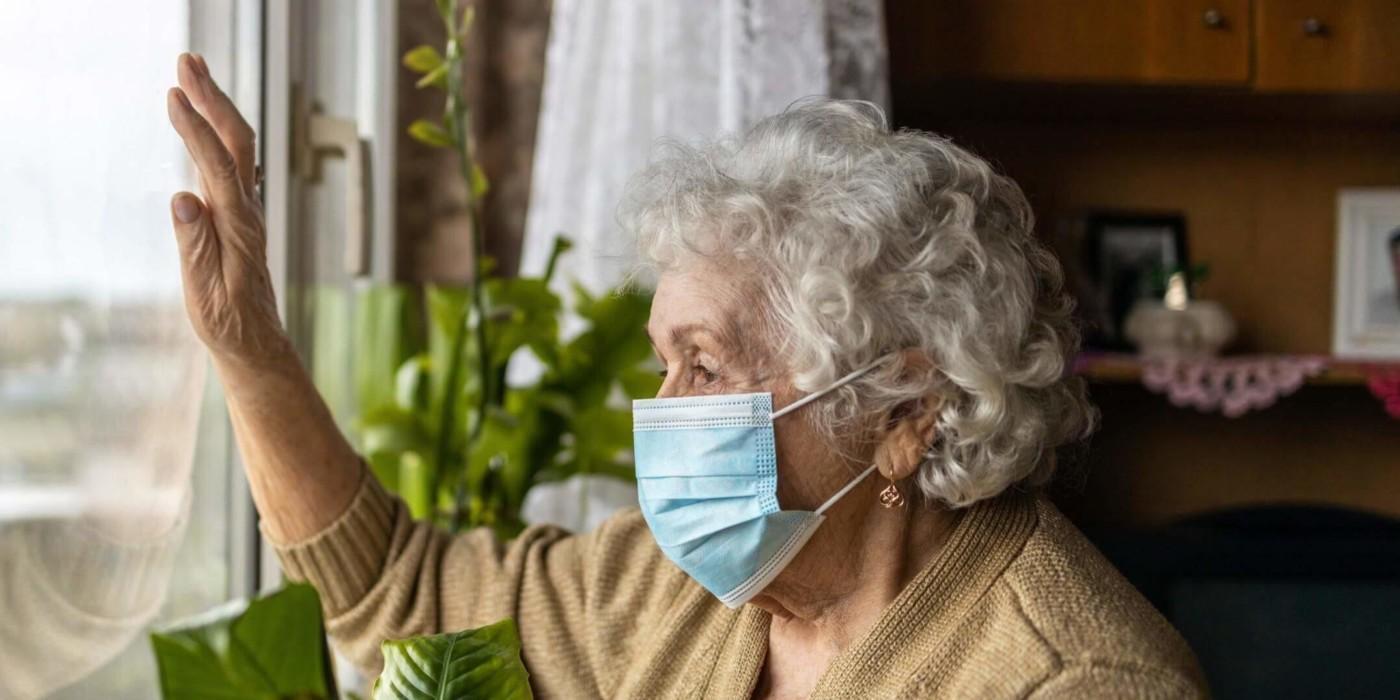Potential Link between COVID-19 and Dementia
COVID-19 pandemic has adversely deconstructed and crippled the social lifestyle that we have not seen in centuries. It is not so much on what the disease itself has hurt the human race but its potential spread which has caused the government world-wide to restrict movement and social interaction. We are all social mammals. Suddenly, we are told to refrain from mingling in order to stall the potential spread of the COVID-19 virus. This self-inflicted isolation to a large extent has inevitably fuelled the development of dementia.
In addition, weeks or months after they recover from Covid-19, some people continue to report poor concentration, memory difficulties and other cognitive issues, which experts fear may put them at risk of dementia years later. The United Kingdom’s National Institute of Clinical Excellence defines long COVID as having more than four weeks of symptoms after having COVID-19 recovery.
The Alzheimer’s Disease International (ADI) has formed a working group of global experts to study the magnitude of the problem and make recommendations on how to deal with it. It has warned that the current pandemic could lead to a surge in dementia cases, and called for urgent research to be done on the link between long COVID and dementia.
Dr Atri, who is the director of Banner Sun Health Research Institute, has seen some cases where dementia-related changes happened at an unusually fast rate, and these include people who had mild symptoms of COVID-19.
Dementia is an umbrella term for the impaired ability to remember, think or make decisions that hinders a person’s daily life. In Singapore, one in 10 people above the age of 60 suffers from dementia. The syndrome is usually marked by a toxic build-up of proteins, namely amyloid and tau, in the brains – which can start building up as early as 25 years before they show signs of dementia. Dr Atri said COVID-19 could aggravate this process and hasten cognitive decline leading to dementia.
A study led by Singapore’s National Centre for Infectious Diseases (NCID) found that one in 10 recovered COVID-19 patients here had persistent symptoms six months after the initial infection. Seven months after having COVID-19, cognitive dysfunction was revealed to be one of the most common symptoms. “… there is concern that COVID-19 can accelerate cognitive decline and increase the prevalence of cognitive dysfunction and subsequent dementia in the years to come,” said Prof Philip Yap, a senior consultant at Khoo Teck Puat Hospital’s geriatric medicine department. Dr Barnaby Young, a consultant at NCID, noted that “Older and frail adults who have a severe Covid-19 infection may develop a stroke, inflammation of the cerebral blood vessels and other neurological complications” – another reason why it is so important this group is vaccinated.
Written by Tommy Tan
Managing Director
HoviClub Horsecity
Reference:

